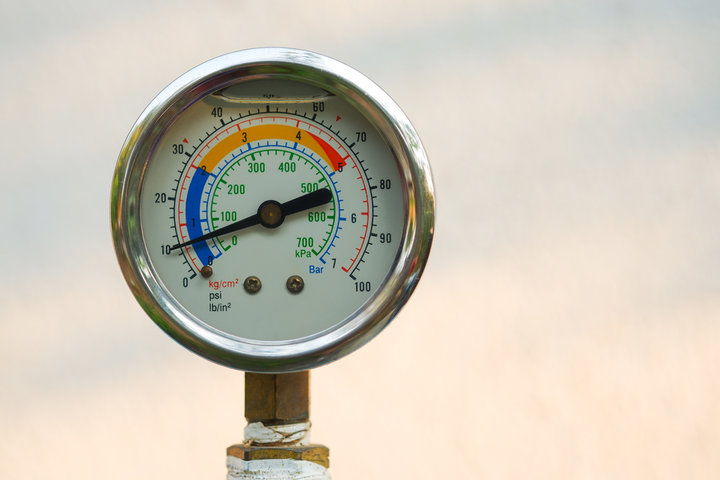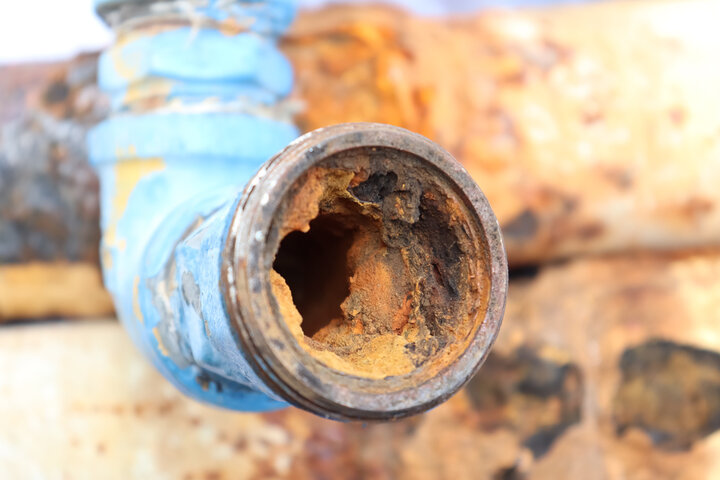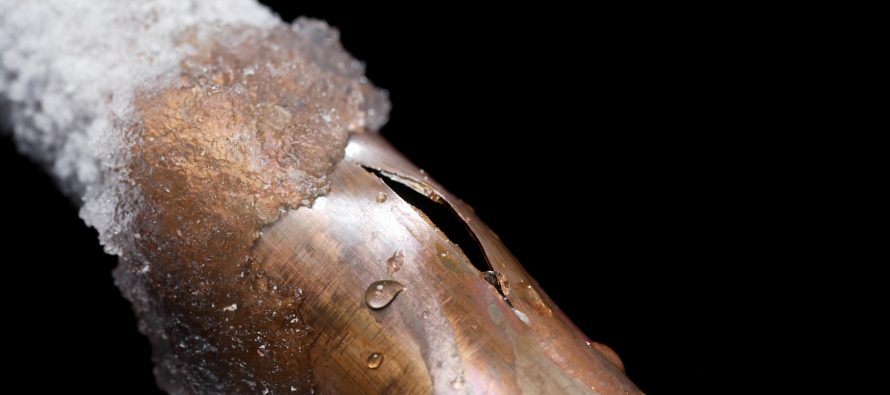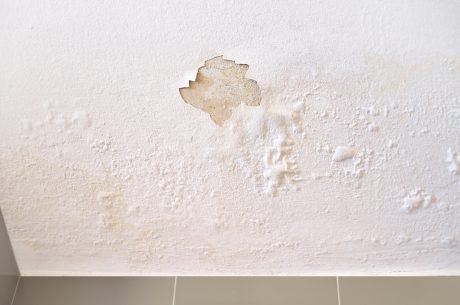Water Restoration
Table of Contents
1. Why Do Pipes Burst? Water and More
2. How to Prevent Water Pipes from Bursting
3. What to Do After a Pipe Burst
4. Has a Broken Pipe Led to Water Damage in Your Home?
Understanding what causes pipes to burst is essential for property owners. Burst pipes can lead to unexpected water damage, costly repairs, and headaches. But why do water pipes burst, and what steps can you take to identify and prevent them?
In this comprehensive guide, we’ll explore the common causes of burst water pipes, including water pressure, pipe corrosion, and clogs, and provide actionable steps to help you protect your property.
WhyDo Pipes Burst? Water and More
The most common reason pipes burst is cold temperatures. When water freezes, it expands, putting immense pressure on pipe walls and leading to cracks or ruptures. But freezing isn’t the only culprit—other factors such as high water pressure, corrosion, and blockages can also cause burst pipes.
The Science Behind Frozen Pipes
When temperatures dip below freezing, water inside pipes can solidify into ice, expanding and creating pressure. Since ice occupies more space than liquid water, this pressure can cause pipe walls to crack or burst, leading to leaks and water damage.

High Water Pressure: A Silent Threat
High water pressure is another significant factor in burst pipes. Excessive pressure can strain pipes, joints, and fixtures, causing damage over time. Signs of high water pressure include noisy pipes, leaking fixtures, and rapid wear on appliances like dishwashers.

Pipe Corrosion: An Invisible Enemy
Corrosion, caused by minerals and chemicals in water, gradually weakens pipes. Factors like water quality, pipe age, and material play a role in corrosion. Hard water with high mineral content and older pipes are especially prone to this issue.

Water Pipe Clogs: More Than a Nuisance
Clogs can restrict water flow, causing pressure to build behind the blockage, potentially leading to a burst pipe. Debris, tree roots, and mineral buildup are common causes of clogs that can damage your pipes.
2. How to Prevent Water Pipes from Bursting
Preventing burst pipes is more accessible than dealing with the aftermath. Here are steps to protect your home:
• Insulate your pipes using foam insulation or heat tape, especially in unheated areas.
• Maintain proper water pressure by installing a pressure regulator and regularly checking the pressure gauge.
• Regular inspection and maintenance can catch problems early. Replace old or damaged pipes, and look for signs of leaks or corrosion.
• Drain outdoor faucets before cold weather hits.
• Keep a steady temperature indoors, even when away, to prevent pipes from freezing.
3. What to Do After a Pipe Burst
If a pipe bursts despite your best efforts, take these steps to minimize damage:
1. Turn off the water at the main shut-off valve.
2. Drain the system by opening faucets and flushing toilets.
3. Call a professional plumber and water damage restoration company.
4. Remove standing water using towels, mops, and vacuums.
5. Document the damage for insurance purposes.
4. Has a Broken Pipe Led to Water Damage in Your Home? Contact PuroClean!
When water damage becomes overwhelming, turn to the experts at PuroClean of Downers Grove. Our licensed and experienced professionals respond quickly to minimize damage and restore your property.
As “The Paramedics of Property Damage™,” we are available 24/7 to meet your water damage restoration needs. Call us today at (630) 796-0206 or visit our website.




 PuroClean of Downers Grove
PuroClean of Downers Grove